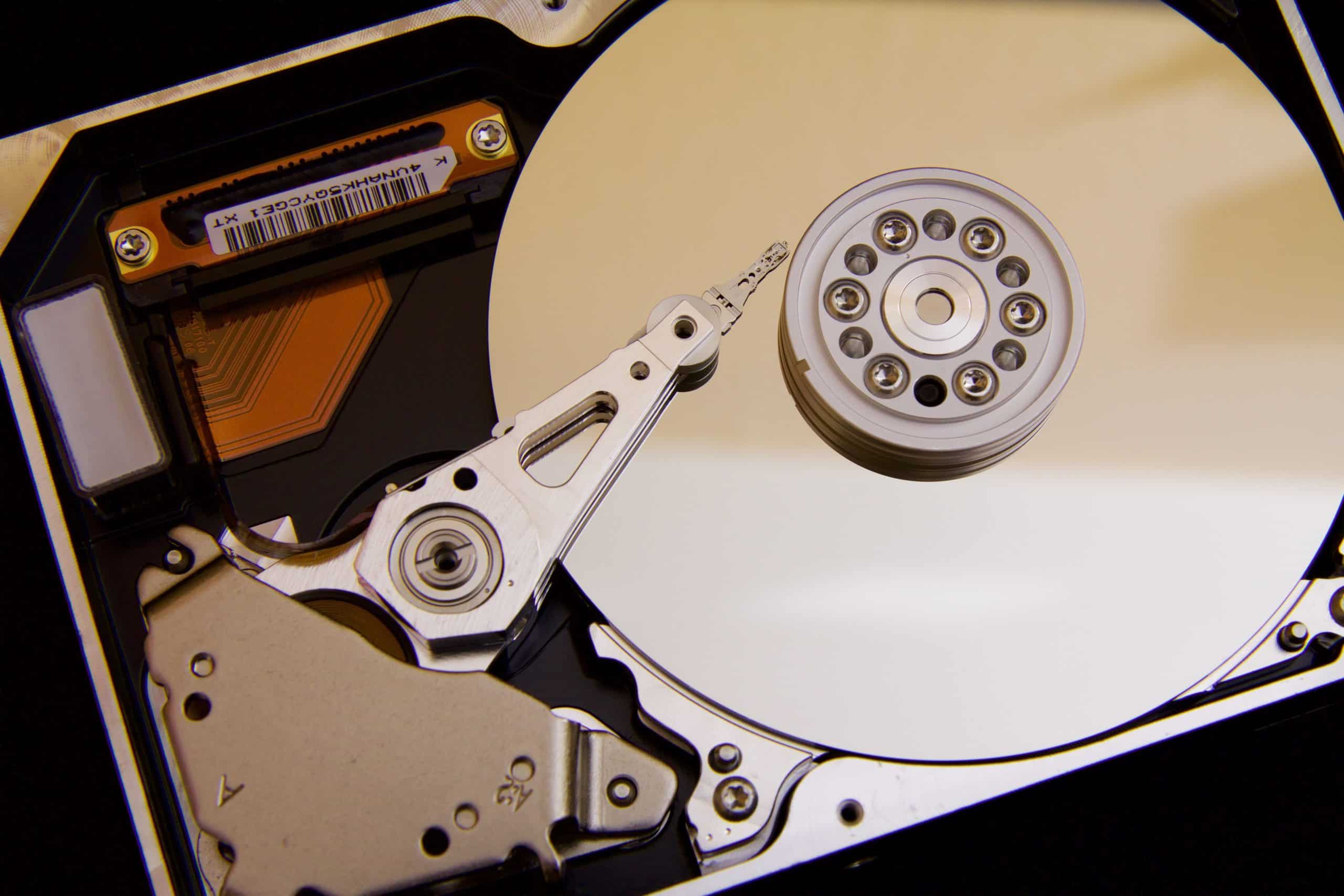The Best Data Security & Backup Solutions for Small Business
If you run a business and have accumulated data through the years, all your information should be stored safely where no unauthorized person can get their hands on it. Keeping your files in one place is a big security risk, which is why it’s crucial to come up with multiple ways to save your essential data.
Making physical copies of your files isn’t the only way to protect your business, because once you encounter a fire, flood, or unfortunate crime, all your information will still be gone! Read on further below to find out how to properly store your files.
Perform Regular Backups
Make it a habit to execute backups regularly, whether online or offline. Offline backups require managing your device on a well-protected location that doesn’t have to be in your office. Meanwhile, online backups give you the option to save all your essential files on the web without worrying about physical attacks that could harm your business.
Suppose you can’t always execute a manual backup. In that case, you have the option to turn on automatic backups for both online and offline systems, leaving it to the programs to store your data for you without having to worry about forgetting to do it.
Determine the Kind of Backup System You Need
Data Storage
Before you decide on a backup system for your business, you must first establish what it covers. There are two types to consider here: data archives and data backups.
A data archive includes storing vast files of data that you don’t need to pull up regularly, using it only when you have to retrieve something. Meanwhile, operating a data backup is the act of saving all your original files in case of emergencies, but is mostly used for short-term storage.
Cloud Storage
Cloud storage is an online backup system that allows you to upload your files into a web server for safekeeping. It’s essential for businesses that handle a large amount of data and would like to put their information away where no one can access it.
But despite its high security, cloud storage can still be prone to unwanted access due to hackers. As such, it’s best to get a provider that can assure you of its safety at all times.
Local Backup Storage
If you’re not too keen on saving all your important data online, you can choose a local backup, which gives you the freedom to back up your data on a storage system found in a physical location. You can keep all your information in one place and archive them on a computer. However, this method still puts your data at risk of physical hazards, such as fires and floods.
Consider Using Other Available Backup Drives
USB Flash Drive
A Universal Serial Bus (USB) is a small storage device that contains enough space, which is perfect for temporary backups. They don’t have the same storage capacity as an external hard drive, but they can perform rapid data transfers. Plus, they’re pocket-sized, which makes it convenient for people who are always on-the-go.
External Hard Drives
An external hard drive is a portable device that can store huge amounts of data and is often used by individuals and small businesses to back up their files. It’s reliable and provides a built-in software you can use to guide you through the storing process.
Local Area Network (LAN) Storage
A LAN storage allows you to transfer files from one local computer to another through a secured server. However, the central computer shouldn’t be in the same area as the other desktops because it needs better protection against theft and potential damages.
Conclusion
Backing up your data is a repetitive process that’s necessary if you want to recover all your vital information, whether there’s an emergency or not. If you don’t know what kind of backup system suits you best, you can ask help from a professional provider to come up with a solution that will ensure the protection of your business.
Are you looking for a cloud VPS DDoS protection service in the US? IO Zoom offers quality hosting solutions across eight data centers. We are dedicated to delivering affordable rates, fast servers, superb uptime, and excellent around the clock customer support. Get in touch with us today to find out more about our services!
0
Comments
Likes
